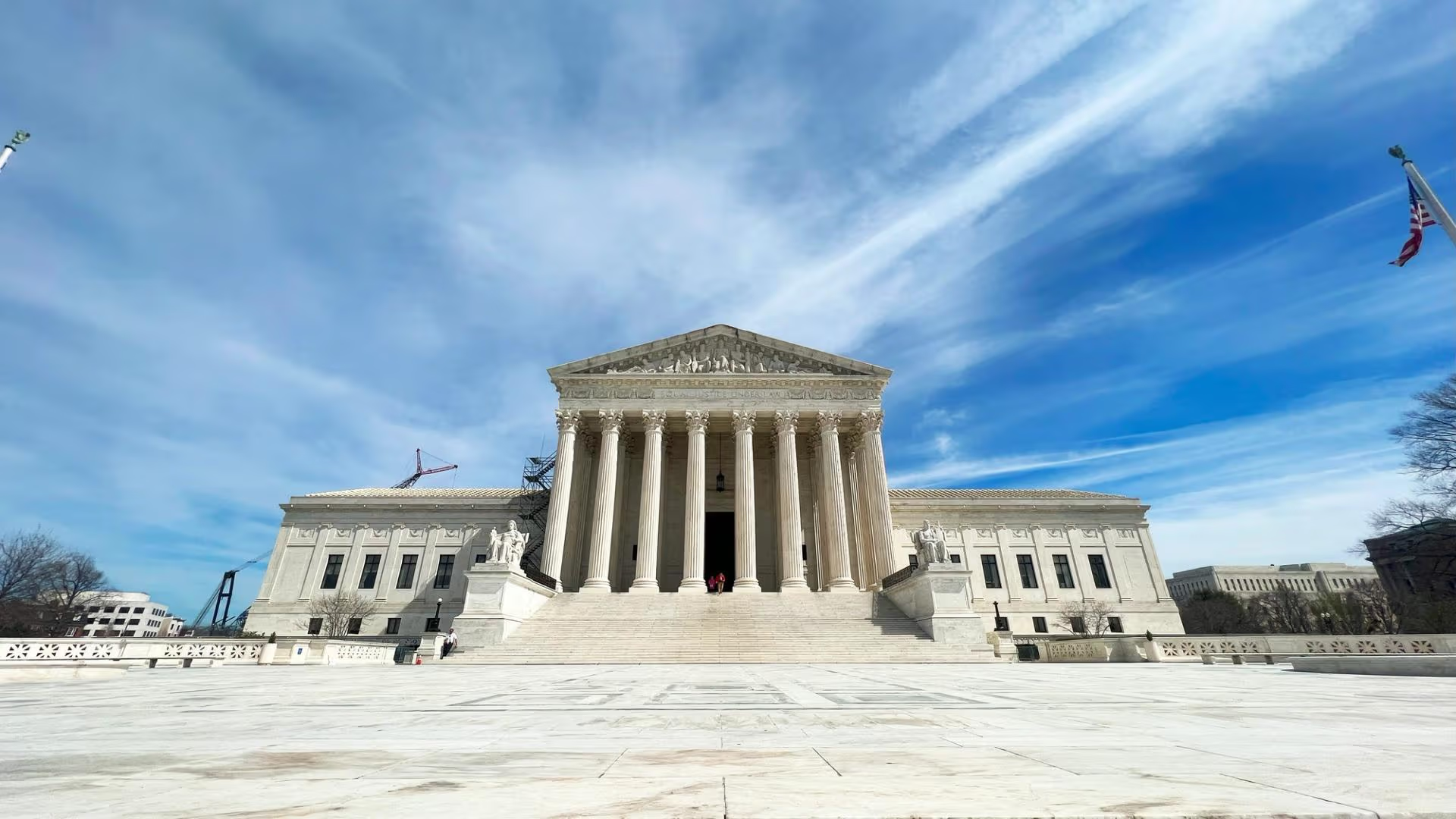Coinbase Joins Supreme Court Case to Protect User Data Turned Over to IRS
Coinbase Goes to Supreme Court to Protect User Data Turned Over to IRS
A U.S. cryptocurrency exchange has filed a lawsuit as part of a long-running privacy fight over IRS requests for customer cryptocurrency transaction records.
Jesse Hamilton | Edited by Nikhilesh De Updated April 30, 2025, 5:04 PM Published April 30, 2025, 3:00 PM

Important points:
- US cryptocurrency platform Coinbase has made a privacy argument in a US Supreme Court case based on the Internal Revenue Service's original 2016 request for customer transaction records.
- The company argues that the government has gone overboard in requesting data on hundreds of thousands of users, and stresses that the issue has wider privacy implications.
Coinbase (COIN) has filed a brief with the U.S. Supreme Court in a case involving an Internal Revenue Service request for information on hundreds of thousands of its customers back in 2016, arguing that the court should “protect Americans’ privacy interests in digital information stored by third-party services.”
The IRS — in a move during the first administration of President Donald Trump — sought financial data under the premise that individuals’ transaction records should be available after they shared their information with a third party. In this case, that party was Coinbase. The exchange tried to narrow the request through litigation and was ultimately forced to provide significantly less data.
“The court should step in and make clear that the third-party doctrine does not allow the IRS to conduct raids,” Coinbase said in its brief filed Wednesday in a case with significant privacy implications.
In 2020, one of those clients, James Harper, a Bitcoin (BTC) researcher, filed a lawsuit against the IRS, accusing it of improperly overstepping its authority in demanding records. Years later, Harper, a lawyer and fellow at the American Enterprise Institute, took his arguments to the Supreme Court.
“User anonymity is lost and the blockchain becomes easily observable when the government obtains information that allows it to associate a public key or wallet address with a user’s identity,” Coinbase noted.
“This John Doe subpoena invaded an area in which more than 14,000 Americans had a reasonable expectation of privacy from an unauthorized investigation by the Internal Revenue Service (IRS) to obtain extensive personal and financial information,” the company argued.
In presenting the government's position, the Justice Department previously argued that “an individual does not have a reasonable expectation of privacy for information voluntarily provided to a third party, including bank records relating to him.”
Read more: How the IRS lawsuit is trying to expand privacy for crypto users



